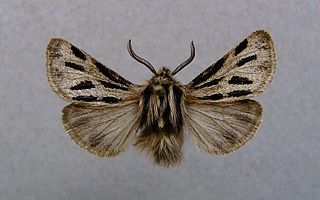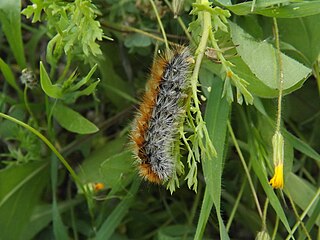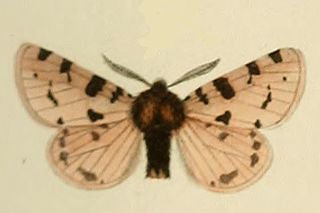
Caratacus was a 1st-century AD British chieftain of the Catuvellauni tribe, who resisted the Roman conquest of Britain.

Pudentiana is a traditional Christian saint and martyress of the 2nd century who refused to worship the Roman Emperors Marcus Aurelius and Antoninus Pius as deities. She is sometimes locally known as Potentiana and is often coupled with her sister, Praxedes the martyr.
Claudia Rufina was a woman of British descent who lived in Rome c. 90 AD and was known to the poet Martial. Martial refers to her in Epigrams XI:53, describing her as "caeruleis [...] Britannis edita". He praises her for her beauty, education and fertility.
Pudens is a Roman cognomen meaning "modest", borne by a number of individuals, including:

Santa Pudenziana is a church of Rome, a basilica built in the 4th century and dedicated to Saint Pudentiana, sister of Saint Praxedes and daughter of Saint Pudens. It is one of the national churches in Rome, associated with Filipinos.
Aulus Pudens was a native of Umbria and a centurion in the Roman army in the late 1st century. He was a friend of the poet Martial, who addressed several of his Epigrams to him. He has been identified by some with Saint Pudens, an early Roman Christian.

Saint Pudens was an early Christian saint and martyr.

The Spilosomina are a subtribe of tiger moths in the tribe Arctiini, which is part of the family Erebidae.

Ocnogyna is a genus of moths in the family Erebidae from western Eurasia. The genus was erected by Julius Lederer in 1853. One aberrant species, Ocnogyna parasita, has females with non-functional wings, and because of this was formerly placed in its own genus Somatrichia, but is now in Ocnogyna.
Quintus Servilius Pudens was a Roman senator active during the second century AD. He was ordinary consul for the year 166 with Lucius Fabius Gallus as his colleague, and he was proconsular governor of Africa around 180. Pudens is known only through surviving inscriptions.

Ocnogyna baetica, the winter webworm, is a moth of the family Erebidae. The species was first described by Rambur in 1837. It is found in Italy, the Iberian Peninsula and North Africa.

Saint Claudia may refer to:
Ocnogyna advena is a moth of the family Erebidae. It was described by Johan Christian Fabricius in 1787. It is found in North Africa.
Ocnogyna bellieri is a moth of the family Erebidae. It was described by Julius Lederer in 1855. It is found in Turkey.
Ocnogyna corsicum is a moth of the family Erebidae. It was described by Jules Pierre Rambur in 1832. It is found on Corsica and Sardinia. The habitat consists of grasslands, pastures, maquis, forest edges and mountain slopes.
Ocnogyna clathrata is a moth of the family Erebidae. It was described by Julius Lederer in 1934. It is found in Lebanon and on Cyprus and Rhodes.

Ocnogyna loewii is a moth of the family Erebidae. It was described by Philipp Christoph Zeller in 1846. It is found in Asia Minor, Cyprus, Near East, Armenia, Azerbaijan, Daghestan, southern Uzbekistan, south-western Tajikistan, northern Iran and Afghanistan.

Ocnogyna parasita is a moth of the family Erebidae. It was described by Jacob Hübner in 1790. It is found in the Alps, the Black Sea region, the Balkan Peninsula, Asia Minor and southern Russia.

Ocnogyna zoraida is a moth of the family Erebidae. It was described by Adolphe Hercule de Graslin in 1836 or 1837. It is found in France, Spain and Portugal.
Protea pudens, also known as the bashful sugarbush,, is a low-growing, groundcover-like, flowering shrub in the genus Protea. It is only found growing in the wild in a small area in the Western Cape province of South Africa.









